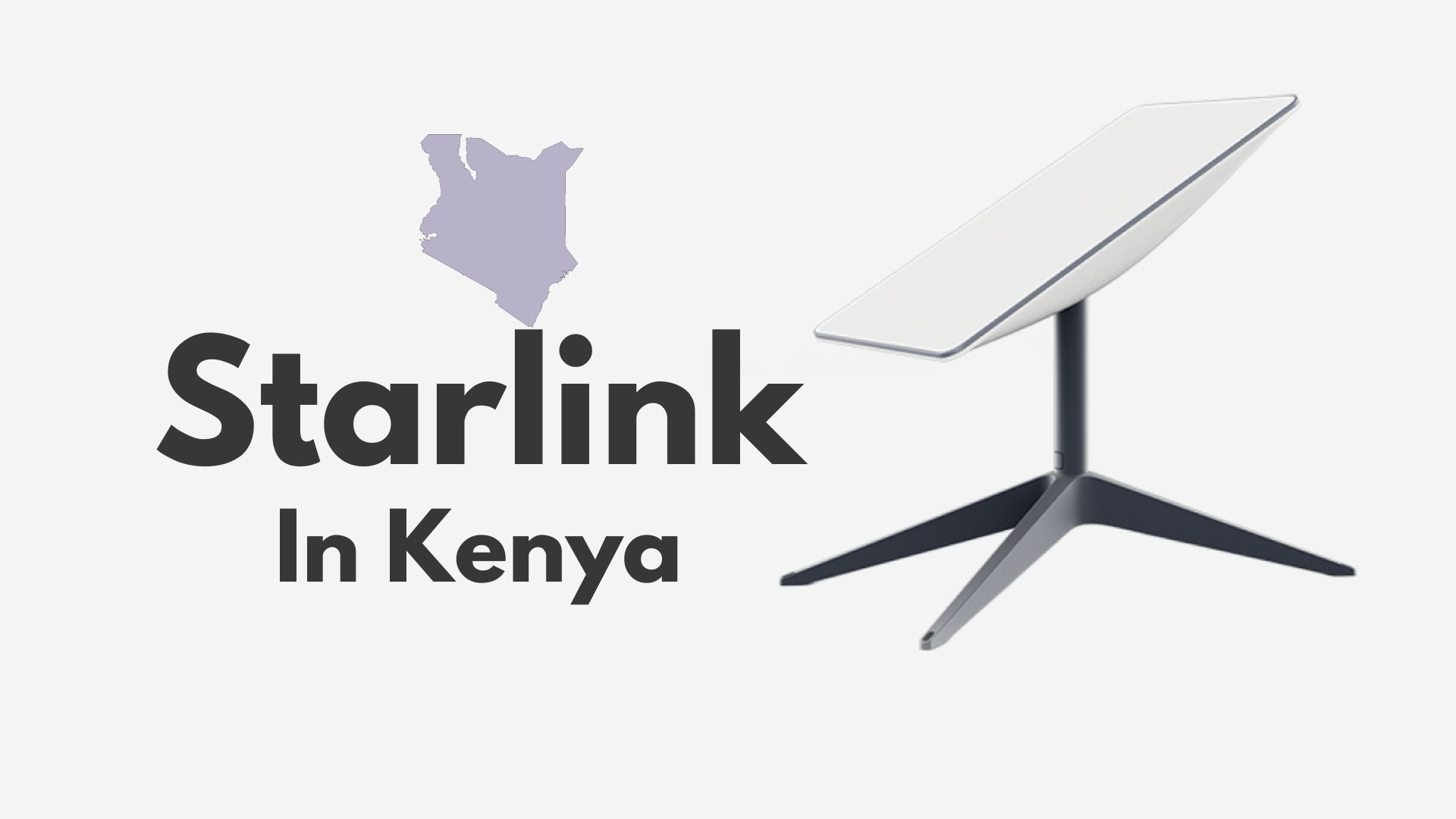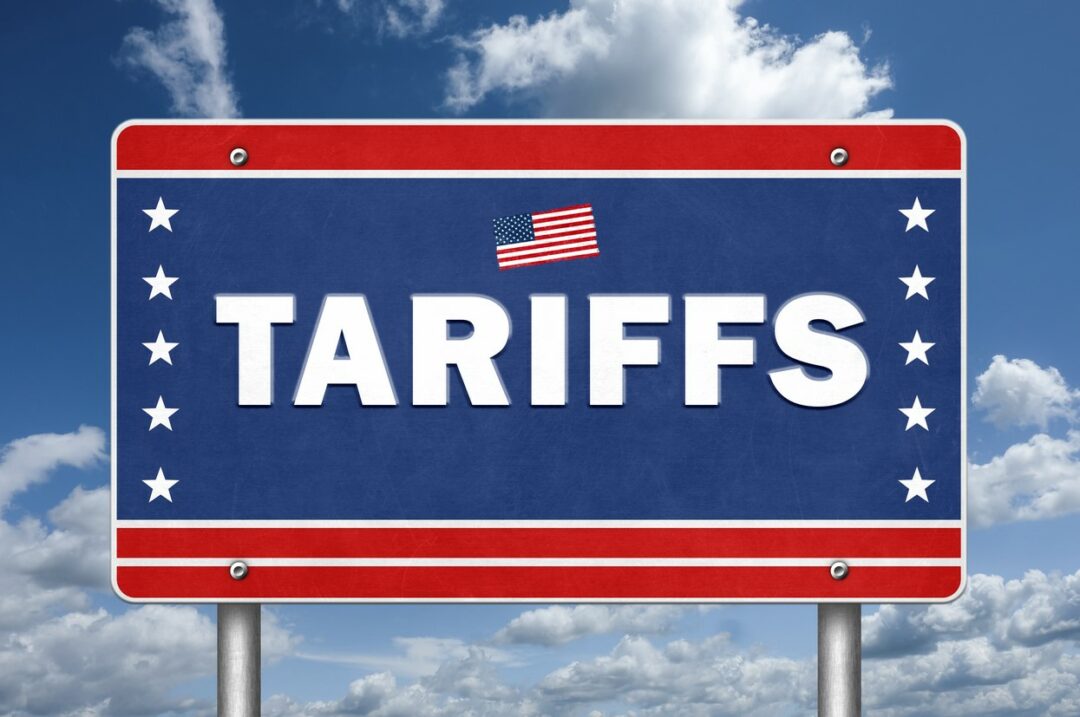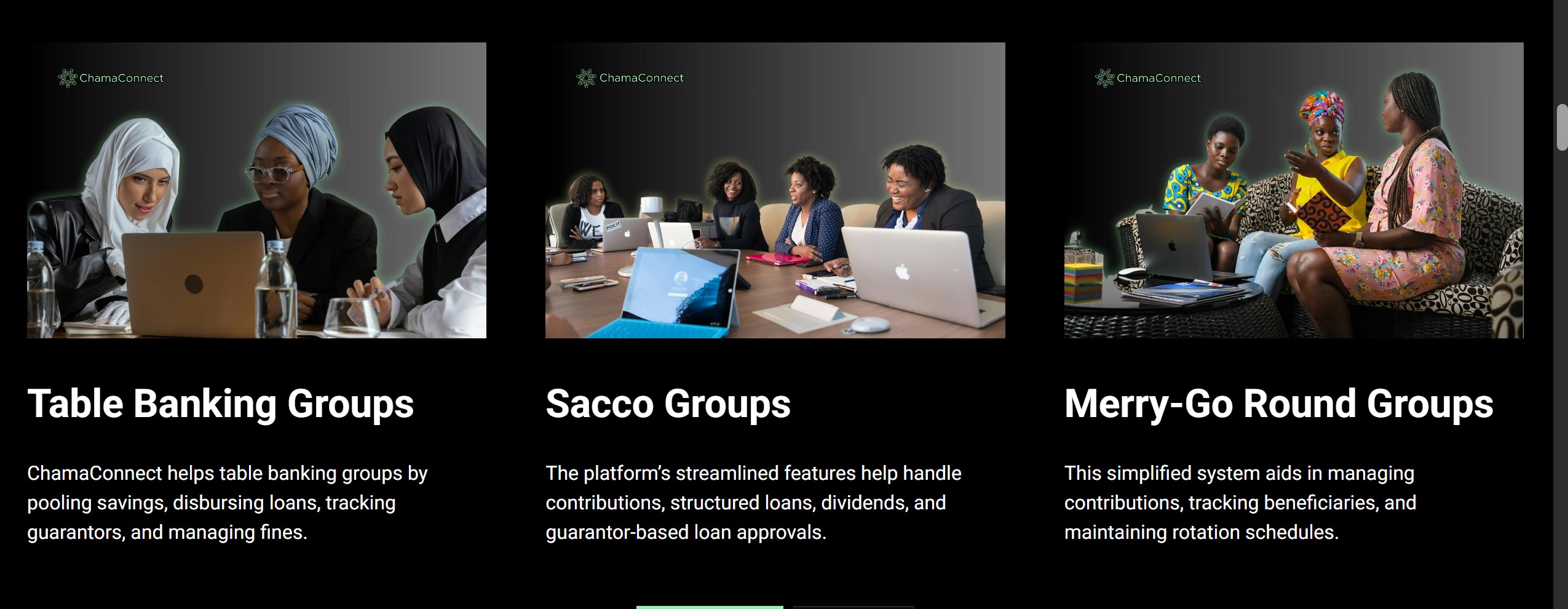Starlink Introduces a More Affordable Mini Kit in Kenya: Game Changer for Rural Connectivity

Kenya’s internet landscape continues to evolve rapidly, and the latest player making waves is Starlink. A subsidiary of SpaceX, Starlink is known for offering satellite-based internet to regions with unreliable connectivity. Now, with its new mini kit, Starlink is making a bold move by lowering the cost of entry for consumers in Kenya.
The newly launched mini kit will be priced at Ksh 27,000, making it a more accessible option for households and businesses in Kenya looking to benefit from satellite internet technology. But what exactly does this mean for Kenyans and the broader telecommunications industry?
Why Satellite Internet Matters
Internet access in Kenya has long been hindered by infrastructure limitations. While urban areas like Nairobi and Mombasa enjoy relatively stable internet connectivity, rural regions have struggled. Poor infrastructure, expensive setup costs, and unreliable service providers are a challenge for many. This gap between urban and rural connectivity has created a digital divide, leaving rural Kenyans with fewer opportunities to access critical information, services, and education.
Satellite internet changes that equation. It doesn’t rely on cables, fiber optics, or other ground-based infrastructure. Instead, it uses satellites in space to beam internet connectivity directly to users. For Kenyans in remote areas where laying cables is impractical or expensive, satellite internet could be the perfect solution.
Starlink’s introduction of the mini kit opens the door for many households and businesses to benefit from satellite technology, even on a budget. The reduced cost could spur faster adoption in rural areas, where traditional internet options are either non-existent or unreliable.
How the Mini Kit Works
The mini kit is essentially a more affordable version of Starlink’s standard setup. It includes a satellite dish, a Wi-Fi router, and the necessary hardware to install and maintain the connection. Like its more expensive counterpart, the mini kit provides high-speed internet through satellite signals.
While the mini kit may not offer the same level of performance as Starlink’s premium setups, it will be good enough for most everyday tasks. Users can stream video, browse the web, make video calls, and more. However, it’s important to note that satellite internet performance can vary based on weather conditions, location, and network congestion.
But Starlink’s reduced costs don’t just stop at the hardware. The company has also slashed its subscription fees in Kenya. Users can now access Starlink’s services for Ksh 6,500 per month, making it competitive with local providers.
Starlink vs. Traditional Internet Providers
Starlink’s mini kit comes at a time when traditional internet service providers (ISPs) in Kenya are still the dominant players. Safaricom, Zuku, and Faiba have long held the lion’s share of the market. But their services are primarily focused on urban areas and rely heavily on fiber optic networks.
Starlink’s satellite-based system poses a significant challenge to these providers, especially in regions where their networks don’t reach. In fact, Starlink’s approach could disrupt the market, forcing local providers to innovate or risk losing customers.
However, there’s more to this story. Despite the affordability of Starlink’s mini kit, some consumers may still face challenges in accessing the service. For one, the Ksh 27,000 upfront cost, while cheaper than before, may still be out of reach for many Kenyans. Additionally, satellite internet has historically had issues with latency and data caps, which could limit its appeal for more demanding users.
Implications for Businesses
For Kenyan businesses, particularly those in rural areas, the arrival of Starlink could be a game changer. Reliable internet access is critical for business growth, communication, and accessing global markets. By reducing the barriers to entry for satellite internet, Starlink could help businesses in underserved areas thrive.
Small businesses, especially those in agriculture, tourism, and other sectors in rural Kenya, could benefit immensely. With better internet connectivity, these businesses can improve their operations, reach more customers online, and streamline their services. For example, a small farm in a remote region could use better internet to access market information, engage with suppliers, or even sell products online.
However, it’s not just about rural businesses. Even in urban areas, where fiber optics are available, businesses may find Starlink’s service appealing as a backup option. In case of fiber outages or maintenance, satellite internet could keep operations running smoothly.
Challenges Ahead
While Starlink’s mini kit is a promising development, it’s not without its challenges. One of the biggest hurdles will be educating consumers about satellite internet. Many Kenyans are more familiar with traditional fiber or mobile internet services and may not understand the benefits or limitations of satellite technology.
Starlink will need to invest in outreach and education campaigns to help consumers make informed decisions. Explaining the technology in simple terms, highlighting its advantages, and addressing common concerns will be critical for widespread adoption.
Another challenge is competition. While Starlink offers a unique solution, other satellite providers, such as OneWeb and Project Kuiper, are also eyeing the Kenyan market. The question is whether Starlink can maintain its competitive edge, especially as new players enter the scene.
What’s Next for Kenya?
The introduction of Starlink’s mini kit is a significant step toward closing Kenya’s digital divide. By making satellite internet more affordable, Starlink is helping to bridge the gap between rural and urban areas. But this is just the beginning. As more companies enter the satellite internet market, competition will drive further innovation, better service, and more affordable pricing.
For businesses and households alike, the future looks promising. And with companies like MUIAA LTD ready to provide the financial solutions needed to capitalize on these opportunities, the road ahead is full of potential.
At muiaa.com, we specialize in understanding the unique needs of our clients. As internet connectivity becomes more accessible in rural areas, we can help businesses take full advantage of these new opportunities. Whether you’re a small business in need of financial advice or a growing enterprise looking to expand, MUIAA LTD is your trusted partner.











